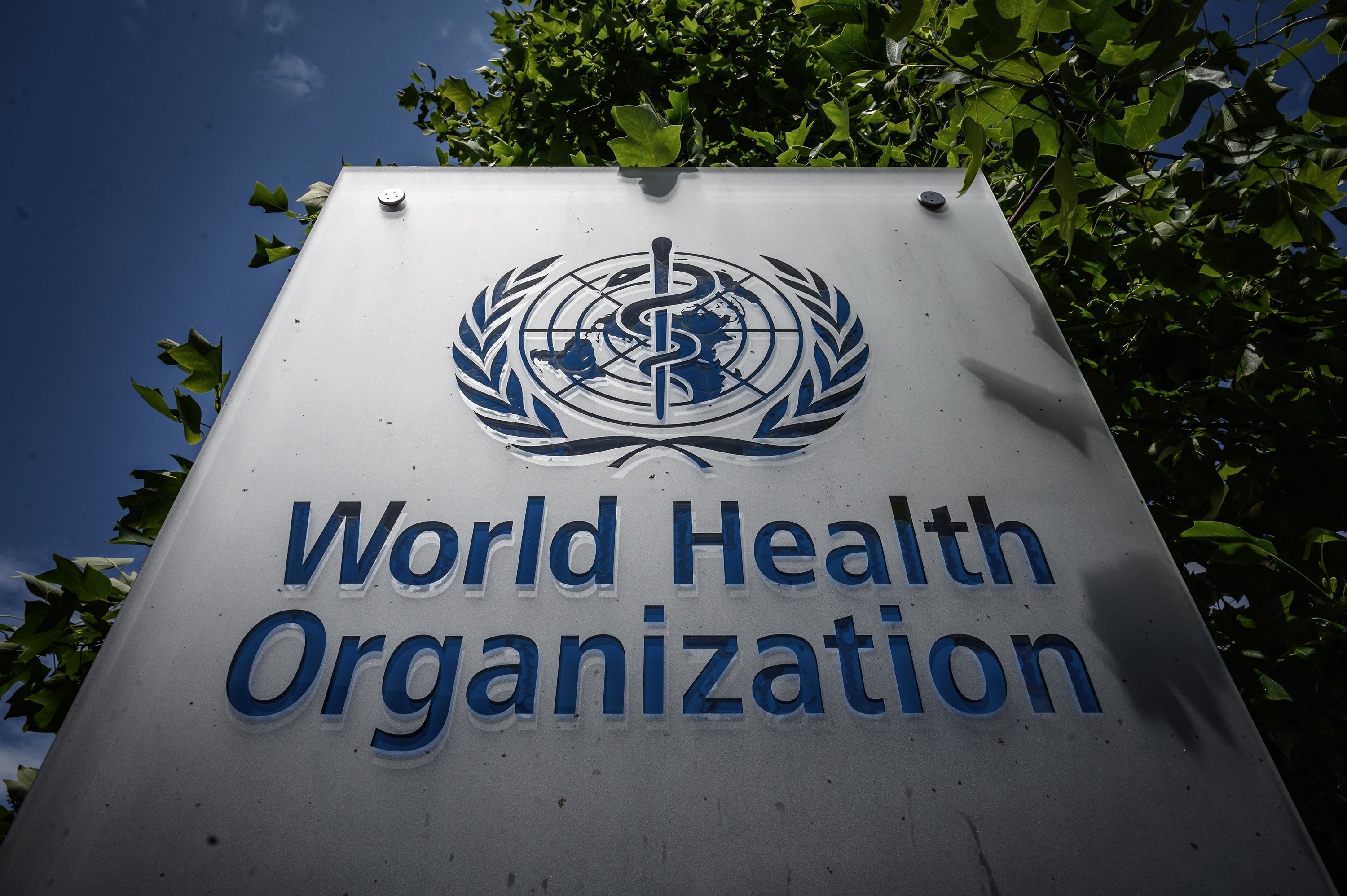India has proposed several amendments to the International Health Regulations (IHR) that, among other things, take into account state socioeconomic development and promote One Health.

What are India’s proposed amendments?
- International Health Regulations: The country advocated for IHR implementation to be in accordance with the States Parties’ common but differentiated responsibilities, taking into account their social and economic development.
- Assessing human+animal health: To promote One Health, it was also suggested that human health be evaluated in conjunction with animal and environmental health.
- Public health alert: India also requested an intermediate public health alert in the event that an outbreak does not yet meet the criteria for a public health emergency of international concern but necessitates prompt mitigation measures.
COVID 19’s influence on proposed amendments
- Demand for equitable access: India advocates for “equitable access to medical countermeasures” based on lessons learned from the COVID-19 pandemic.
- Accountability of the World Health Organization (WHO): India also sought greater accountability from the WHO in how the IHR is implemented and whether Member States are complying.
- Reporting to the World Health Assembly (WHA): It proposed that the Director-General report to the World Health Assembly (WHA) on all IHR activities, highlighting instances where Member States did not share information.
Other countries’ support
- Some examples of developed and developing countries: Armenia, Brazil, Bangladesh, Indonesia, Malaysia, Namibia, New Zealand, Russia, and Switzerland were among the other countries that submitted proposals.
- Arica’s assistance: Eswatini also proposed amendments to the IHR on behalf of the WHO Africa Region.
- Other concerns are raised as well: It addressed issues such as intellectual property, licencing, and the transfer of technology and know-how in order to diversify production.
What is the general demand in developing countries?
- Equitable access to health: Equity has emerged as a common focal point in developing countries’ demands. Some of the key features include equitable access to health products, international financing mechanisms, strengthening health systems, access and benefit sharing mechanisms, and tailoring responsibilities based on a country’s capacity.
- Similar demand by the WHO executive board: At its sixth meeting last January, the WHO executive board stated that IHR amendments “should be limited in scope and address specific and clearly identified issues, challenges, including equity.”
- Universal protection from disease: Other demands include, technological or other developments, or gaps that could not effectively be addressed otherwise but are critical to supporting effective implementation and compliance of the International Health Regulations (2005), and their universal application for the protection of all people of the world from the international spread of disease in an equitable manner”.
What are the developed countries’ objections?
- Only equity for pandemic: The amendments proposed by developed countries appear to circumvent the equity demand. For example, the European Union’s policy stated that equity principles should only be applied in pandemic-scale health emergencies.
- Non-pandemic health emergencies do not necessitate equity: In effect, this terminology excludes health emergencies that have not been officially declared a pandemic. The argument is that outbreaks on the scale of COVID-19 happen on occasion.
- Pandemic capabilities cannot be generalised: Capabilities developed solely for pandemic response cannot thus be used on a regular basis, resulting in further deterioration of the capacities.
@the end
According to current recommendations, the new regulations should hold developed countries and WHO more accountable to developing countries by instituting stricter mandates, prompt action, and regular implementation reviews by WHO.
Source: https://apps.who.int/gb/ebwha/pdf_files/WHA75/A75_18-en.pdf
